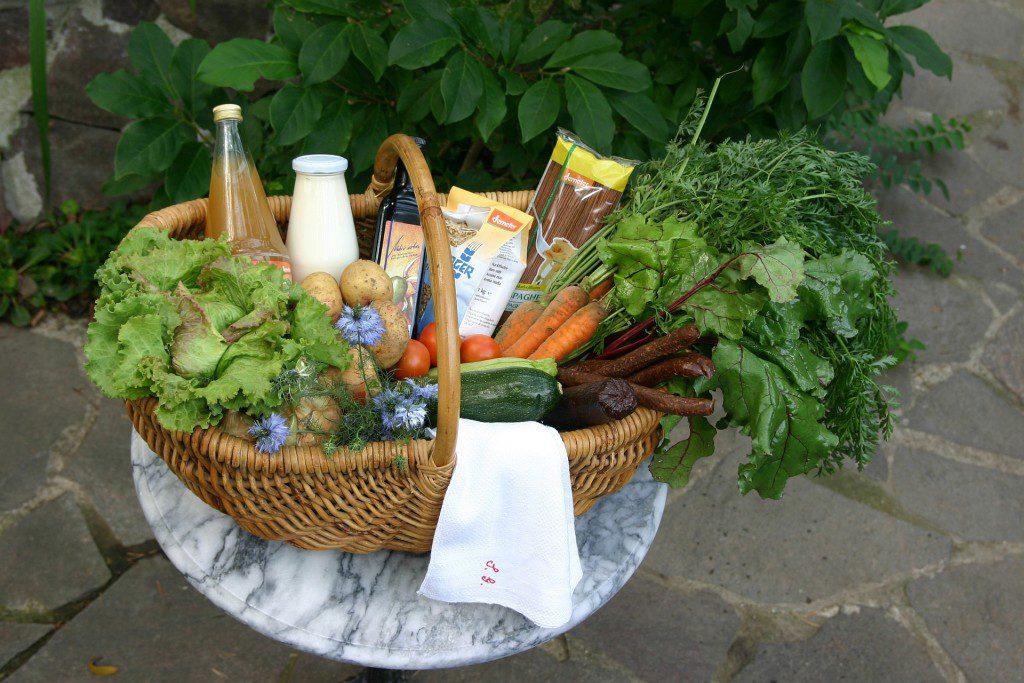Instead of throwing out nearly 100,000 pounds of uneaten food each year, Seattle Pacific University’s food recovery program gives back to those in need. The SPU program is certified by a national organization called the Food Recovery Network that provides protocols for how to store and deliver the food. Since January, SPU has saved nearly 2,000 pounds of food.
The SPU food recovery program was started by a student, Maya Swinehart. As a freshman, she worked in the SPU kitchen and saw perfectly good food thrown out each day.
“These trays were almost completely full of food. Vegetables, pies, chicken, meat—just completely full and we were just having to shovel it into the trash cans,” Maya said in an article for the school. “And it was upsetting to me, the combination of knowing that downtown, right down the street from SPU, there’s so many people on the street begging for food, begging for money, begging for shelter and we have all of this food right here going into the trash cans.”
So Maya set out to make a difference. She wanted to help Seattle’s homeless, and spent the next two and a half years creating a safe and reliable food recovery program. She’s quick to point out that the program isn’t about dumpster diving. All of the food that is donated has remained in the warmers or coolers so that it’s fresh and edible.
The SPU program works with a variety of organizations including Food in Motion, which feeds about 500,000 homeless each year. “It’s always a morale thing. The better food they get, the more morale they have, the better hope they can have to get through the day, which is always a good thing to see,” Joe Huppert, a Food in Motion employee said.
The food recovery program at Seattle Pacific University is the first program in the state of Washington implemented by a private university. However, they’re not the only ones doing it. The University of Washington and Western Washington University are also a part of the Food Recovery Network, and Maya hopes other universities will get on board.
